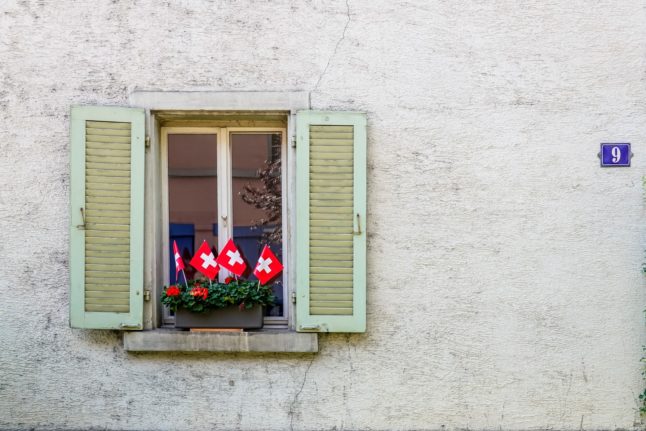In view of the low naturalisation rate in Switzerland, MP Katja Christ from the Green Liberal party has filed a motion asking to revise the minimum length of stay required to obtain Swiss citizenship from 10 to seven years.
Christ also pointed out that the naturalisation process itself, especially on the municipal level, should be revamped.
That is because such a procedure sometimes involves discriminatory decisions by the communal assembly, which are based on the candidate’s origin rather than his or her eligibility for citizenship, she said.
The government responded that any denial of naturalisation believed by the candidate to be unjustified can be appealed.
Another MP, Corina Gredig, also asked to lower the minimum length of stay required by the cantons for naturalisation from the current five to three years, arguing that many people move from one canton before the five-year term.
READ MORE: Which Swiss cantons have the strictest citizenship requirements?
However, on Thursday the Federal Council rejected the motions, saying that a revised legislation on foreigners went into effect in 2019, so fairly recently, and the issues brought up in the two recent motions were already addressed at that time.
During the debates leading up to the new legislation, the parliament refused to reduce the minimum length of stay in Switzerland to eight years and in cantons three years, authorities said.
The law lays out criteria not only for naturalisation, but also for integration in general, as well as for conditions to receive work permits in Switzerland, which include the need to provide certificates from government-accredited institutions to prove language proficiency.
READ MORE: Work permits: Switzerland introduces new rules for language proficiency certificates
The refusal to lighten up naturalisation requirements comes amid ongoing discussions in Switzerland about how to make this process easier for third-generation foreigners who are eligible to become Swiss.
Unlike many other countries, being born in Switzerland doesn’t automatically mean the person is Swiss.
If their parents were born abroad and still hold foreign passports, a person will not obtain Swiss citizenship at birth.
Even though they were born in Switzerland and have lived their entire lives in Switzerland, they have the same nationality as their parents and will continue to be considered as foreigners – until and unless they become naturalised.
However, this process is more complex than it seems, as it is unreasonably bureaucratic, requiring proof that is often difficult to obtain.
EXPLAINED: Why so few third-generation Swiss are actually ‘Swiss’?
As a result of these strict conditions, very few third-generation foreigners become Swiss: out of about 25,000 people in this category, only 1,847 received their Swiss passports at the end of 2020 — the last year for which official statistics are available.
“There should be political will to implement change, which is not the case”, Rosita Fibbi, migration sociologist at the Swiss Forum for the Study of Migration and Population at the University of Neuchâtel, told The Local in an interview on May 4th.
“No significant steps to make the process truly easier have been introduced to date”; she added.
The latest Federal Council decision not to act on the recent motions means no relief is in sight on the naturalisation front.
READ MORE: EXPLAINED: Why so many foreigners in Switzerland skip naturalisation?



 Please whitelist us to continue reading.
Please whitelist us to continue reading.
Member comments